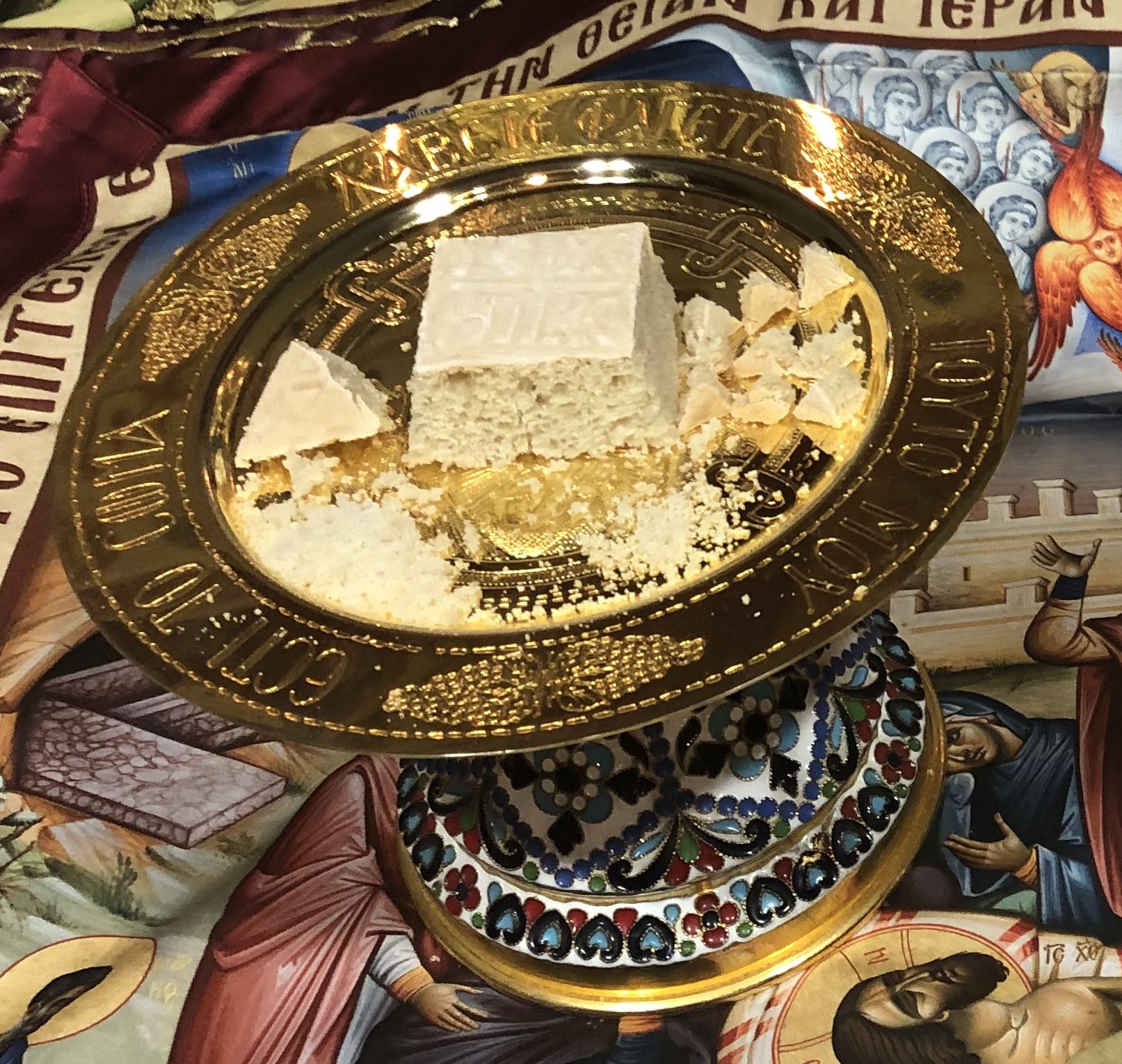The poor man died and was carried by the angels to Abraham’s bosom.
Luke 16:22
Several reflections ago, we discussed the Parable of the Rich Man and Lazarus, as told in the Gospel of Luke 16:19-31. In this reflection, we will focus on just one verse of that parable that we previously did not discuss. The tone of this unit, as we start to conclude it, will now focus on the moment of death and what happens afterwards. There are lots of pious people who have made theological comment on what happens after we die. To this day, different ideas are discussed, some of which create confusion, as well as provide comfort.
My thoughts on death and what happens after are taken only from the Bible, which in some ways provides a framework but leaves out the details of how something specifically will happen. As an example, the instructions for the Eucharist, as revealed in the Bible, as very simple. We are to partake of the flesh and blood of Christ (John 6:22-58), in the form of bread and wine, which are the Body and Blood of Christ (Luke 22:14-23), often, but with preparation (I Corinthians 11:23-30). The method by which we receive Holy Communion, as well as our preparation, and our service of the Divine Liturgy evolved over centuries and has been codified through Tradition and Canon Law so that it is done the same way over all the world. Because there is, to my knowledge, no universal teaching about what exactly happens when we die, other than what is universally accepted in the sacred Scriptures, we will begin reflecting on what happens at death and after death by examining what we know from Scripture.
Back to the parable of the Rich Man and Lazarus, Jesus reveals to us that “the poor man died and was carried by the angels to Abraham’s bosom.” We know that our earthly bodies decay, they do not leave this world and go anywhere. Rather, the soul, which is an unquantifiable part of our bodies, leaves our body and goes to the Lord. This is facilitated by the angels.
Unquantifiable—what does that mean? There are many things about the human being that can be measured scientifically and medically. Our height, weight, the state of our organs, our vital signs. A determination can positively be made that a person has died, because the things that have to happen in the body in order for us to be alive have stopped happening. Physical health, and health failing to the point that death has occurred, is quantifiable.
Then there is the state of our minds, our mental health. We can take aptitude tests to quantify what the mind knows—a math test can determine whether someone knows how to add and subtract, as an example. Personality tests can indicate whether one leans towards being an introvert, or an extrovert. Although it would be hard to say that one person is twice as introverted as someone else, because this trait can’t be measured like weight or height or a quantifiable way.
There are two things that each person has that are unquantifiable—a sparkle in their eye, and a prosopon. This is a Greek word which can mean the face of a person, or their countenance. (https://biblehub.com/greek/4383.htm#:~text=prosopon). While a face is quantifiable—it has physical features like eyes, nose and mouth—the “countenance” is harder to quantify. The countenance is the essence of a person. There are physical things that indicate a person is not alive, but there are also the unquantifiable traits that the sparkle in the eye is gone, the countenance is gone and the essence of the person is gone. Having been in the room many times when a person passes away, I can tell, not just because of the machines that monitor vitals, but just looking at someone, you can see the countenance fall, the color leave their face, and the essence of that person is now gone. And at the moment of death, as all of these things cease, the soul departs from the body, and is carried by the angels to the Lord, according to Luke 16:22.
I have generally found the moment of death, when it is not sudden and traumatic, in other words, when a person just quietly slips out of life, I have generally found that moment to be both peaceful and powerful. I’ve sensed the presence of “others” in the room at that moment, and the “others” who are unquantifiable, are the angels. Anytime I am in the room when someone passes away, my now natural inclination is to get on my knees and just be silent, and in some sense, to “enjoy” the presence of the angels. I think in these moments of Moses in Exodus 3:2-5, where we read:
And the angels of the Lord appeared to him in a flame of fire out of the midst of a bush; and he looked, and lo, the bush was burning, yet it was not consumed. And Moses said, “I will turn aside and see this great sight, why the bush is not burnt.” When the Lord saw that he turned aside to see, God called to him out of the bush, “Moses, Moses!” And he said, “Here am I.” Then He said, “Do not come near; put off your shoes from your feet, for the place on which you are standing is holy ground.” (Exodus 3:2-5)
I’ve been privileged to be in the room when many people have died, people that I liked, people that I was friends with, people who I was sad to see pass away, people who I truly loved, truly miss and truly mourned. But at the moment of death, I have never been overcome by a sense of sadness (that comes later). I have been overwhelmed by a sense of holiness, that that ground on which we are standing is holy ground, because the angels of God are on it with us. For those who have never seen someone pass away, and are wondering what it is like, this is what it is like for me, and hopefully the prospect of seeing this will leave you hopeful and not anxious. For those who have seen someone pass away, undoubtedly that was someone that you may still be mourning, take comfort in that you were present, on the holy ground, shared with the angels.
I have done what is just and right; do not leave me to my oppressors. But surety for Thy servant for good; let not the godless oppress me. My eyes fail with watching for Thy salvation, and for the fulfillment of Thy righteous promise. Deal with Thy servant, according to Thy steadfast love, and teach me Thy statues. I am Thy servant; give me understanding, that I may know Thy testimonies! It is time for the Lord to act, for Thy law has been broken. Therefore I love Thy commandments above gold, above fine gold. Therefore I direct my steps by all Thy precepts; I hate every false way. Psalm 119:121-128
While the death of a loved one is sad, and can be traumatic, the understanding and belief that angels are dispatched from God to come and remove the soul from the body, and that we stand in their (invisible) presence will hopefully be comforting and inspiring.

